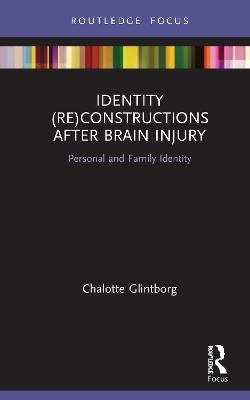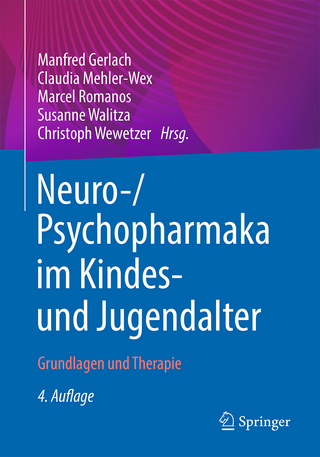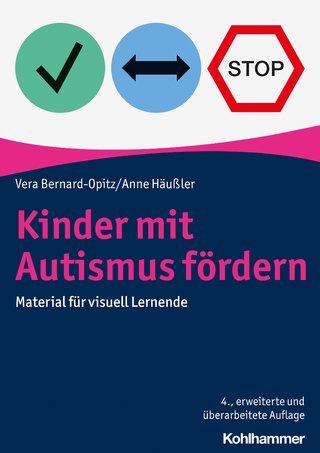
Identity (Re)constructions After Brain Injury
Routledge (Verlag)
978-0-8153-9554-6 (ISBN)
- Titel z.Zt. nicht lieferbar
- Versandkostenfrei innerhalb Deutschlands
- Auch auf Rechnung
- Verfügbarkeit in der Filiale vor Ort prüfen
- Artikel merken
Identity (Re)constructions After Brain Injury: Personal and Family Identity investigates how being diagnosed with acquired brain injury (ABI) impacts identity (re)construction in both adults with ABI and their close relatives.
To show how being diagnosed with ABI impacts identity (re)construction, this book investigates key patterns of identity construction. Discourse analysis, especially on the concept of positioning, provides an understanding of the changes and developmental processes in these self-narratives. These narrative (re)constructions point to a developmental change of identity in the course of the different phases of the recovery process for both persons with ABI and their relatives, including conflicting voices from society, service providers, relatives, and other adults with ABI. In addition, the (re)construction process is characterized by much ambivalence in both ABI survivors and relatives.
Three perspectives are triangulated: (1) an insider perspective from ABI survivors; (2) an insider perspective from relatives; and (3) an outsider perspective from the researchers. This allows us to see how identities are negotiated and constructed in concrete situations. This innovative book will be required reading for all students and academics working in the fields of disability studies, rehabilitation psychology, sociology, allied health, and social care.
Chalotte Glintborg, Ph.D. in psychology, is a scientist from Aalborg University who specialises in rehabilitation psychology. Her research has centred on exploring first person perspectives on the emotional consequences of living with disabilities, including identity problems, distress, shame, and depression.
List of figures; List of tables; List of co-authors; Preface; Part I. Theoretical Frameworks and Methods; Chapter 1: Introduction; Chapter 2: Self-Identity in people with an acquired brain injury; Chapter 3: Narrative identity, discourse and positioning; Chapter 4: Establishing first contact, facing professional barriers and handling "wild" data.; Part II. The challenges in navigating identity in individuals with ABI and their close relativesChapter 5: Identity constructions through a pair of warped glasses; Chapter 6: Normalization vs. pathologizing; Chapter 7: Same but different: When continuity is threatened; Chapter 8: Hope & Recovery; Chapter 9: Personal competencies and resilience; Chapter 10: Shame and self-criticism; Chapter 11: The role of peer support in identity (re)construction; Part III. Future perspectives on neurorehabilitation; Chapter 12: Psychological rehabilitation; Chapter 13: Concluding reflections; Index
| Erscheinungsdatum | 29.05.2019 |
|---|---|
| Reihe/Serie | Interdisciplinary Disability Studies |
| Zusatzinfo | 1 Tables, black and white; 3 Line drawings, black and white; 3 Illustrations, black and white |
| Verlagsort | New York |
| Sprache | englisch |
| Maße | 138 x 216 mm |
| Gewicht | 410 g |
| Themenwelt | Sachbuch/Ratgeber ► Gesundheit / Leben / Psychologie |
| Medizin / Pharmazie ► Medizinische Fachgebiete ► Neurologie | |
| Sozialwissenschaften ► Soziologie | |
| ISBN-10 | 0-8153-9554-X / 081539554X |
| ISBN-13 | 978-0-8153-9554-6 / 9780815395546 |
| Zustand | Neuware |
| Haben Sie eine Frage zum Produkt? |
aus dem Bereich


